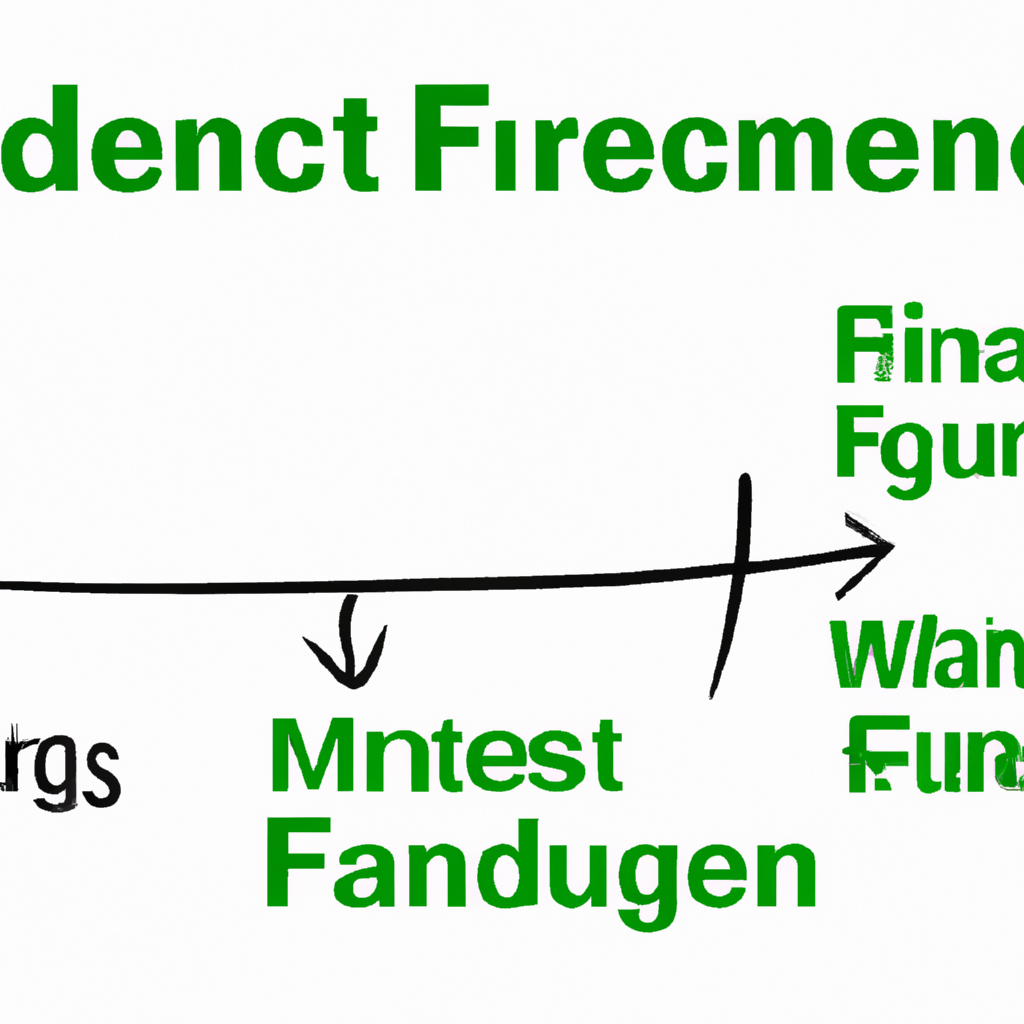Investment Fund Performance
Introduction
Investment funds are a popular way for individuals to invest in a diversified portfolio of assets. The performance of an investment fund is a key factor that investors consider when deciding where to put their money. In this article, we will explore how investment fund performance is measured and what factors can impact it.
Measuring Performance
1. Benchmark Comparison
One common way to measure the performance of an investment fund is to compare it against a benchmark index. This could be a stock market index such as the S&P 500 or a bond index like the Bloomberg Barclays U.S. Aggregate Bond Index. By comparing the fund’s returns to the benchmark, investors can assess how well the fund is performing relative to the market.
2. Return on Investment
Another important metric for measuring fund performance is the return on investment (ROI). This is calculated by dividing the fund’s total return by the initial investment amount. A higher ROI indicates that the fund has generated more profits for investors.
Factors Impacting Performance
1. Market Conditions
The performance of an investment fund is heavily influenced by market conditions. Economic factors, geopolitical events, and industry trends can all impact the value of the fund’s assets. In a bull market, funds tend to perform well, while in a bear market, returns may be lower.
2. Fund Manager Skill
The skill and expertise of the fund manager also play a significant role in fund performance. A skilled manager can make strategic investment decisions that lead to higher returns for investors. On the other hand, a poorly managed fund may underperform its benchmark.
3. Fees and Expenses
Fees and expenses can eat into the returns of an investment fund, impacting its overall performance. Investors should pay attention to the expense ratio of a fund, as well as any additional fees such as sales charges or management fees. Lower fees can lead to higher net returns for investors.
Conclusion
Investment fund performance is a critical factor for investors to consider when making investment decisions. By measuring performance against benchmarks, analyzing ROI, and considering factors that impact performance, investors can make informed choices about where to allocate their funds.


